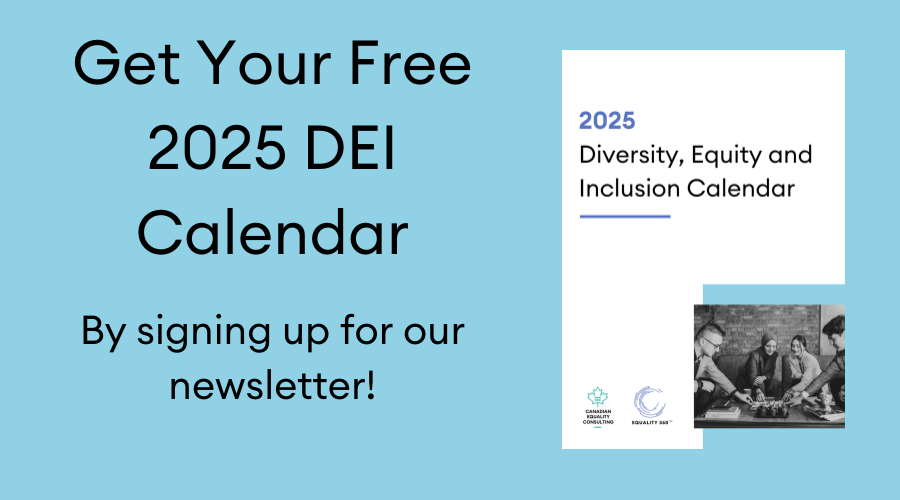
A Conversation on Anti-Black Racism in Education
On March 16th, I had the opportunity to take part in an interview with CBC Toronto. This article discusses some of my perspectives around the use of the N-word in an educational and professional environment. This story was based on a guest speaker who facilitated a workshop for George Brown College students. While explaining one of the case studies, the speaker, who is a white woman, said the N-word out loud with reference to a quote, highlighting the need for more effective anti-racism programs in Canada to address such sensitive issues and promote understanding.
I was able to share my opinion on whether this use of this word was appropriate in the given setting, which to summarize, I answered that it was simply unacceptable on all levels.
My perspectives shared in both the article and below are solely my opinions. I do not wish to speak to the experiences and perspectives of the Black community at large, rather to capture overall feelings of marginalization that are present in this situation, which underscores the importance of anti-racism training in Canada to foster greater awareness and understanding.
To add to what was said, and provide additional nuance to the ‘why’ behind my opinion:
I find that often people attempt to justify the use of this word for its need to emphasize a point or demonstrate the severity of a situation; and to me, this is an example of what it means to allow your ignorance to continue to oppress others, which highlights the need for anti-racism training in Canada to help address and reduce such harmful behaviors. To date, this word has been used to target Black people in the most violent ways possible, often backed by further physical, verbal, and emotional harm. So, regardless of the context in which it is used, this word has and continues to be a racial slur, with negative connotations dating back to enslavement.
Finding a sense of psychological safety as a Black person in an exclusionary society is already one of our biggest challenges. Educational institutions and professionals in all spaces need to recognize and express that everyone has the right to feel safe, and the use of this word immediately takes that away from people.
With the rise of police brutality and hate crimes across the areas, in addition to the more subtle daily inequities that Black people face, we all need to be that much more aware of the language that we’re using and the people that can be harmed by it, which is why anti-racism programs in Canada are essential in promoting awareness and preventing harm.
To quote Ijeoma Oluo, author of So You Want to Talk about Race, “The history of a word matters as long as the effects of that history are still felt… As long as we have had the spoken word, language has been one of the first tools deployed in efforts to oppress others. Words are how we process the world, how we form our societies, how we codify our morals.”
By Destiny Udoh

